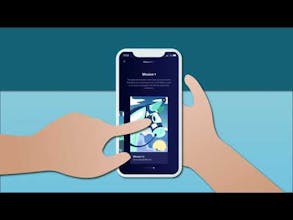LIFE Intelligence: DIY Coach & Therapist
A scientific guide to your self, career, and relationships
5 followers
A scientific guide to your self, career, and relationships
5 followers
LIFE Intelligence is a comprehensive course & cognitive training to help you manage stress & anxiety, improve work productivity, & build lasting relationships. Practical, science-backed, efficient: a "DIY" therapist, coach, & relationship counselor in one.


















LIFE Intelligence: DIY Coach & Therapist
LIFE Intelligence: DIY Coach & Therapist
LIFE Intelligence: DIY Coach & Therapist
LIFE Intelligence: DIY Coach & Therapist
LIFE Intelligence: DIY Coach & Therapist